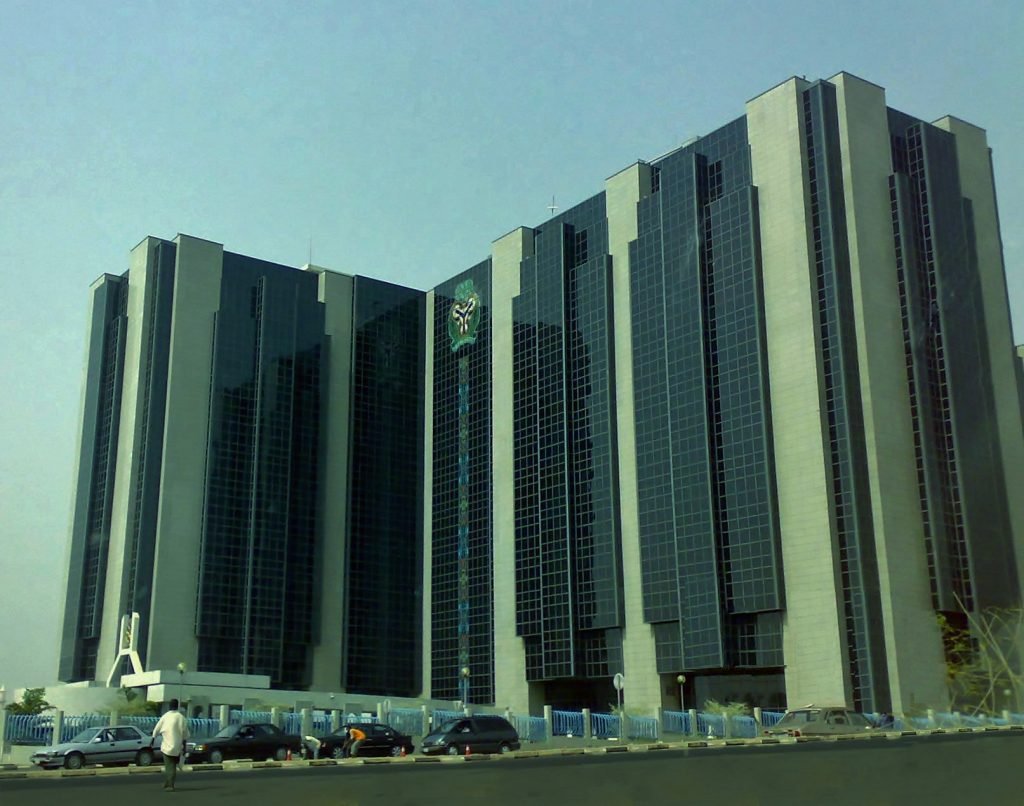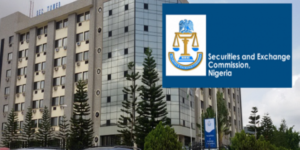
Volatility witnessed in the third quarter (Q3), 2022, amid rising interest rates, insecurity and other economic challenges in the country, exacerbated by uncertainty in the global economy which impacted negatively on the nation’s stock market also caused banks stocks to shed 4.5 per cent during the period from 397.79 index points to 379.20 points.
This is in addition to the sum of N838 billion in the Cash Reserve Ratio (CRR) debited from the deposit money banks by the Central Bank of Nigeria (CBN) following the lattest move to mop up liquidity from the economy.
The Monetary Policy Committee (MPC) had increased the Cash Reserve Ratio (CRR) from 27.5 per cent to 32.5 per cent in its last meeting. The CBN boss last week, directed banks to fund their accounts to enable it debit them to balance up the new CRR demand.
A breakdown of the charges showed that Zenith Bank was debited the sum of N270 billion, followed by Access Bank with a deduction of N205 billion.UBA also saw N134 billion being deducted, while N90 billion was debited from FCMB.
Others include First Bank (N33 billion), Union Bank (N29 billion), Unity Bank (N1 billion), Heritage Bank (N470 million) among others.
At the end of the third quarter, the All share index (ASI), which measures the performance of listed equities, shed 5.39 per cent to close the quarter at 49,024.16 basis points ((bps) from 51,817.59 bps at which it opened trading on July 1, 2022.
Similarly, the overall market capitalisation, the lost N1.48 trillion, to close at N26.451 trillion, compared to the opening value of N27.935 trillion.
Consequently, the Nigerian Exchange Limited (NGX) banking index, which measures the performance of the banks quoted on the floor of the exchange depreciated by 4.67 per cent in Q3, from 397.79 index points to 379.20 points.
Although financial services industry (measured by volume) has continued to led the activity chart in volume terms during the quarter but the tier-one banks have continued to record losses, following negative sentiments and weak demand for the sector stocks.
Reacting on the negative sentiments at the weekend, the Chief Research Officer of Investdata Consulting Limited, Ambrose Omordion linked the recent selloff in the banking sector to the N838 billion debit by the CBN on 15 banks following lastweeks decision to raise CRR to 32.5 per cent.
However, he expressed optimism that the banks would rebound in a near future despite the charges, noting that they are likely to invest in the treasury Bills and other fixed income instruments where yields are reasonable good with some level of stability.
“As the rate increases, the banks are likely to make more money. The first rate hike in May 2022 and the recent one have created some potentials for the banking industry and the numbers had remained impressive.
“What we are seeing is just a mixed reactions, nothing is wrong with the banks. When they announced their interim dividend in the month of August and early September , we saw investors reacting positively because the performance was very encouraging. The banking sector will surely rebound soon ,” he assured.
Chief Executive Officer of Wyoming Capital and Partners
Tajudeen Olayinka said: “Apart from the threat associated with having to continuously reprice loans and advances in the midst of the current macroeconomic imbalances and numerous headwinds, the banking stocks are widely held and most liquid.
“That is the reason they are always baldly battered in a bear market. They will be the first to have accelerated recovery when the bulls return. It is nothing to worry about.”
Also speaking, Head, Equity, Planet Capital, Dr Paul Uzum said:” The PFAs and foreign institutional investors see the banking stocks as the most liquid and highly patronised. So the sell off is always more intense in the sector.
“It has only opened up new opportunities for investors who have the money to invest now. GTCO now offers you 17 per cent yield. The sell off will not last, before February, the bank will bounce back,” he added.
GTCO Holdings Plc, Access Holdings Plc, FBN Holdings Plc, Stanbic IBTC Plc, Zenith Bank Plc, UBA Plc, and FCMB Group Plc made the list of top seven poor performing firms with a cumulative loss of N291.830 billion in market capitalisation.
A look at the performance of some of the banks largely affected during the period showed that the shares of GTCO Holdings Plc depreciated by 13.42 per cent during the period, from N20.50 per share to N17.75 kobo. The development caused the market capitalisation to lose N80.995 billion or 13.42 per cent to close at N522.403.43 billion at the end of September 2022 from the opening figure of N603.399 billion on July 1, 2022.
Shares of Access Holdings Plc also lost 12.97 per cent during the period, from N9.25 kobo to N8.05 kobo. The development propelled the market capitalization to lose N42.654 billion to close at N286.139 billion at the close of trading on September 30, 2022, from opening figure of N328.793 billion at the beginning of trading on July 1, 2022.
In the same vein, FBN Holdings Plc’s shares also suffered the same as the lender lost 12.06 per cent in price at the end of the third quarter, from N11.60 to N10.20. The bank witnessed sell pressure which drove down the market capitalisation to lose N50.253 billion to stand at N366.131 billion at the close of trading on September 30, 2022, from the opening figure of N416.385 billion at the beginning of trading on July 1st.
For Stanbic IBTC Plc, its share price also decreased by 10.58 per cent during the period under review, from N33.55 kobo to N30, causing the market capitalisation to lose N45.997 billion or 10.58 per cent to close at N388.709 billion at the end of September 2022 from the opening figure of N434.707 trillion.






